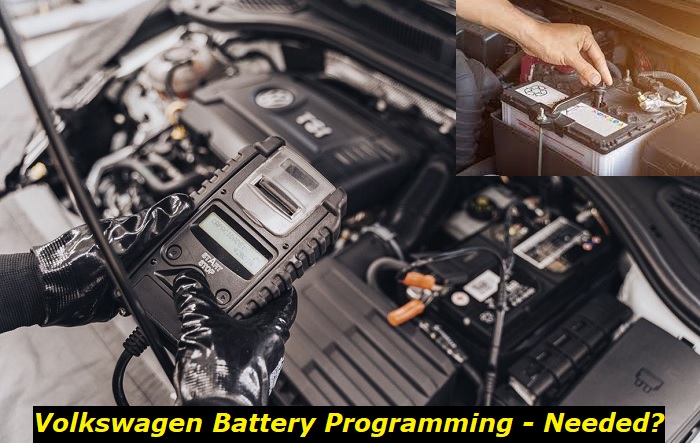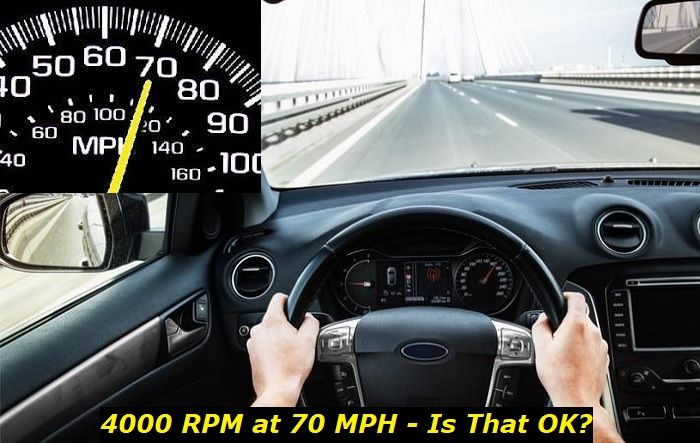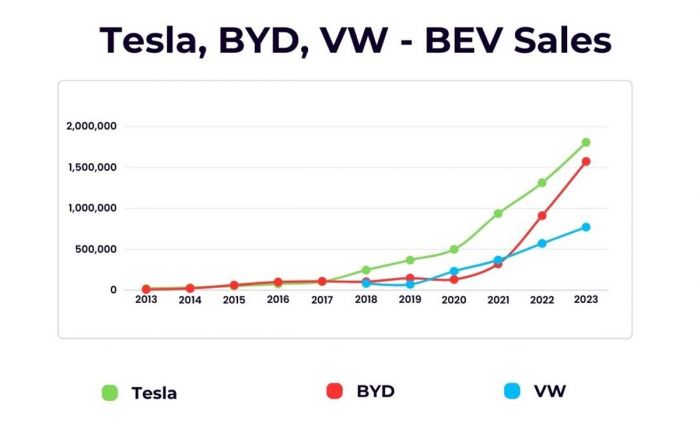The longer you own a car, the higher the chance you will need to change its battery. Under normal usage, car batteries can get worn out and need replacing in as little as three years, and your Volkswagen (VW) car is no different. Replacing your Volkswagen's battery is usually easy and quick. But some models need an extra process known as battery programming. This process is necessary to ensure the car's electrical system works efficiently and the battery lasts for a long time.
Common problems with 12V batteries highlights
- Possible reasons:battery age, driving conditions, drains, long sitting, electrical problems
- Types affected:all types
- Average age:4-5 years
- Most commonissues:low voltage, no crank, battery light, glitchy electronics
- Can you drive?only if it starts
- DIY fix:possible
- How much to fix?$150 - $250

What is battery programming?
As batteries get older, they degrade. Cars with a battery management system (BMS) keep track of the level of degradation of the battery. The BMS helps to monitor, optimize, protect and assess the operational condition of the battery. Also, the BMS reports the functional status of your battery to external devices.
Notably, the BMS studies the amount of energy flowing in and out of the battery. The higher the level of degradation of a car's battery, the more the BMS charges it. In other words, the BMS increases the amperage at which it charges the battery to maintain the same charge as it degrades.
Battery programming tells the car's BMS that you have installed a new battery. As a result, this new battery should be treated differently from the old, degraded one. In short, battery programming, also known as battery coding, battery relearn, or battery registration resets the BMS.
The importance of Battery Programming
As already established, your car's BMS adjusts the amperage at which it charges the battery as it degrades. Thus, charging your battery without programming increases the risk of damaging that battery. Battery programming ensures your replacement battery is not charged at an amperage higher than needed. Because doing so will shorten the battery's lifespan.
Furthermore, modern Volkswagen cars have many more features than older ones. Some of these features include entertainment, navigation, and seat heating. So, your replacement battery needs programming to optimize how your vehicle uses all these features.
Besides shortening the battery's lifespan, non-programmed replacements may cause electrical problems. Likewise, failure to program a new battery may increase fuel consumption if the BMS does not recognize the replacement battery as new.
Does your Volkswagen need battery programming?
Knowing if your replacement battery requires programming is very critical. Yet, finding information on specific Volkswagen models that need battery programming is challenging. Here, we will give you some pointers to know if your Volkswagen will need battery programming.
As stated earlier in the article, only some Volkswagen models require battery programming. The newer your car is, the more likely it will need battery programming. Some non-Volkswagen cars use self-learning BMS technology that does not need programming. In contrast, Volkswagen's BMS needs manual programming with a diagnostic tool.
So, if your Volkswagen car employs a battery management system (BMS), you must program your brand-new battery.
One way to discover if your Volkswagen model has a BMS is to check for a Battery Energy Management (BEM) sticker on your Volkswagen's battery. BEM is a battery management system. The BEM sticker will include the current battery's BEM code. So, if your Volkswagen's battery has this, it employs a BMS, and your vehicle will need programming after replacing its battery.
Likewise, using your vehicle's onboard diagnostics (OBD2) port, we can identify if a car's battery needs programming. If your Volkswagen does not come with this feature, you do not need to worry about programming your replacement battery. Volkswagen's OBD2 system provides self-diagnostic information from the car. Also, OBD2 is used in battery programming. You can check your vehicle manual if you need to know where the OBD2 port is in your vehicle.
You can use an external diagnostic tool, such as VCDS, to determine if your Volkswagen needs its battery programmed. If you are still in doubt, get confirmation from your car dealer or an authorized Volkswagen service center.
How to program battery replacements for your Volkswagen?
You must connect your car's OBD2 port to a scan device or external diagnostic tool to program your new battery. One popular tool used to program batteries in Volkswagen cars is VCDS from Ross-Tech. Please note that there are many other suitable scan devices besides VCDS, such as those from Foxwell and Autophix.
There are three versions of battery management systems for different Volkswagen car models. Thus, depending on the model of your vehicle, the procedure for programming a replacement battery might be different.
While it is possible to program the battery yourself, we recommend that owners take their cars to their dealership or any authorized Volkswagen service center to get their batteries programmed or coded. Taking your Volkswagen to experts will ensure your batteries are correctly installed and programmed.
Conclusion
So far, we have considered what programming is and why your car may or may not need one. We also looked at the BMS. The BMS underpins the need to code or program your Volkswagen's replacement battery. The BMS will better regulate your replacement battery if you program it.
Discovering whether your specific car model requires programming might be challenging. However, particular pointers, like a Battery Management System in your car or BEM code on your Volkswagen battery, indicate the need to program your replacement batteries.
While you can try to code your replacement battery, we recommend visiting your dealership or an authorized auto shop. Given these points, do due diligence on your Volkswagen model and ensure you contact your dealer if anything needs to be clarified.
About the authors
The CarAraC research team is composed of seasoned auto mechanics and automotive industry professionals, including individuals with advanced degrees and certifications in their field. Our team members boast prestigious credentials, reflecting their extensive knowledge and skills. These qualifications include: IMI: Institute of the Motor Industry, ASE-Certified Master Automobile Technicians; Coventry University, Graduate of MA in Automotive Journalism; Politecnico di Torino, Italy, MS Automotive Engineering; Ss. Cyril and Methodius University in Skopje, Mechanical University in Skopje; TOC Automotive College; DHA Suffa University, Department of Mechanical Engineering






Add comment